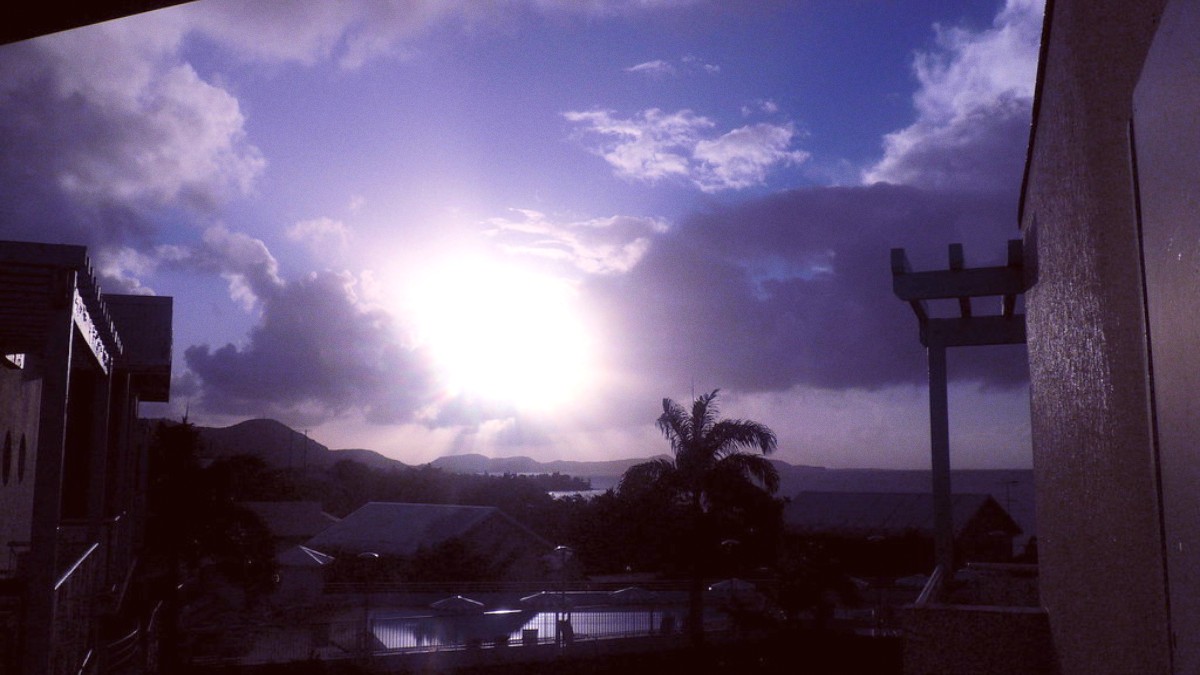
Martinique
The Parc Naturel Régional de la Martinique covers significant natural landscapes, preserving unique biodiversity. Marine protected areas conserve coral reefs.
Martinique operates a structured waste system. Recycling bins for plastic, glass, and paper appear in some urban areas and collection points. Minimize your waste; carry a reusable water bottle.
While rainfall is generally sufficient, water conservation remains important, especially in drier periods. Hotels and local communities manage water resources actively. Be mindful of your water usage.
Your travel decisions play a role in environmental well-being.
Look for accommodations with recognized eco-labels or those publicly prioritizing sustainable practices. These might include water and energy-saving measures, local food sourcing, and responsible waste management.
Choose tour operators that promote responsible tourism, operate small group sizes to lessen environmental strain, and show respect for natural habitats and wildlife.
While direct local carbon offset programs specifically for Martinique are uncommon, travelers can choose to offset their flight emissions through international providers.
Purchase souvenirs and goods directly from local artisans or from shops that indicate fair-trade practices. This ensures creators receive fair compensation. Seek out sustainable gear from brands like Patagonia, or reusable products from Package Free Shop.
Find accommodations focused on environmental impact from Ecobnb.
Explore Eco StaysDiscover tour experiences that prioritize ethical practices from G Adventures.
Find Ethical ToursEvery small effort creates a big impact.
Engaging with Martinique's culture with sensitivity enriches your journey.
Efforts are actively made to preserve Martinique's rich Creole language, its diverse music genres (Biguine and Zouk), traditional dance forms, and local crafts.
Adopt the slower, more relaxed pace of life ("l'esprit créole"). Be patient and polite in all interactions. A smile and a polite phrase go a long way.
Be mindful and discreet when photographing people. A quick "Bonjour" and a gesture asking "Photo, s'il vous plaît?" (Photo, please?) is helpful. Be especially sensitive in residential areas or during religious ceremonies, where photography might not be welcome.
Always seek permission before capturing images of individuals.
Avoid intrusive photography that may make people feel uncomfortable.
Exercise particular care in religious settings or private property.
Your efforts to show respect for local customs are always appreciated.
Your travel choices directly influence Martinique's economy.
Prioritize spending at locally owned hotels, restaurants, shops, and tour operators.
Purchase souvenirs and goods directly from local artisans or fair-trade shops.
Seek out and support local guesthouses, small restaurants ("lolos"), and independent guides.
Spending at locally owned places keeps money within Martinique.
Purchasing handmade items empowers local artists and craftspeople.
Ethical choices foster long-term benefits for the island and its residents.